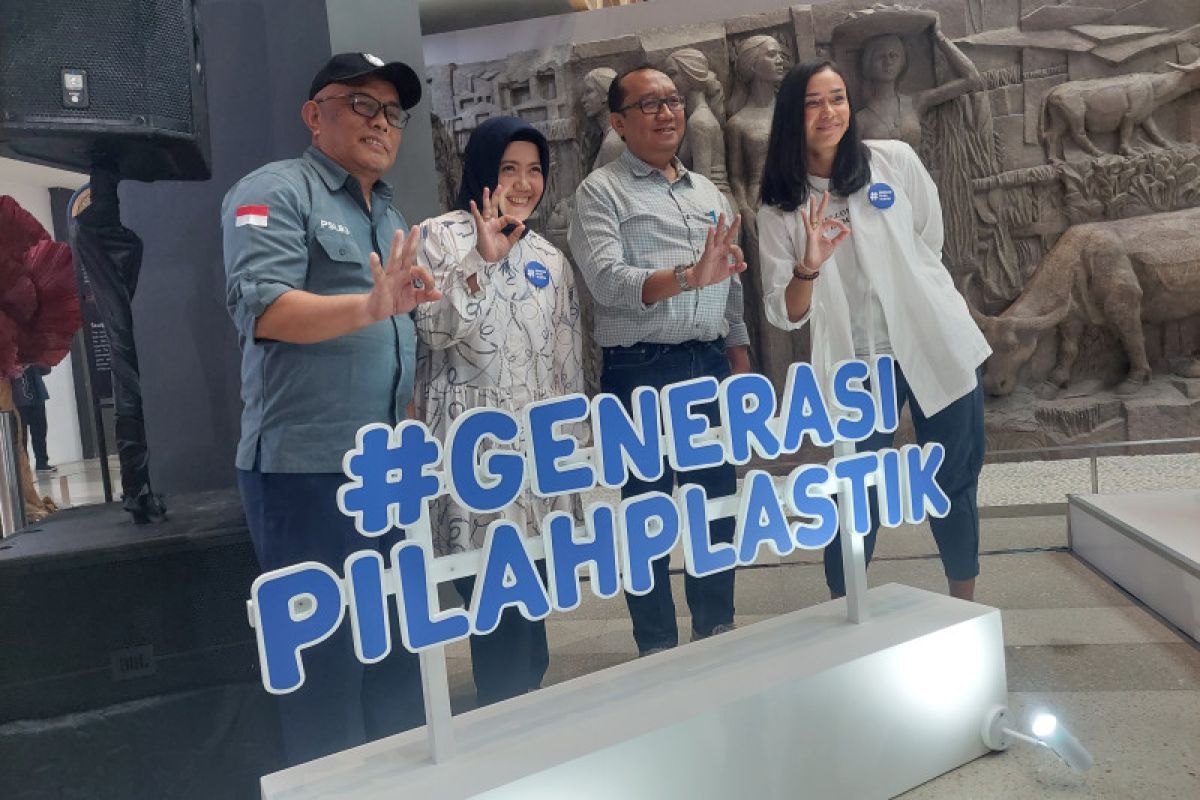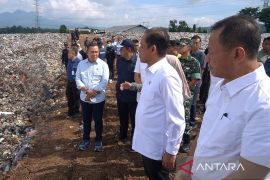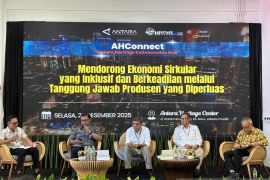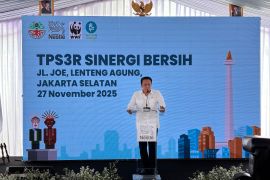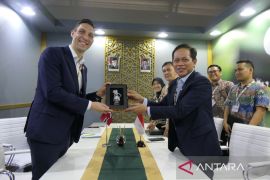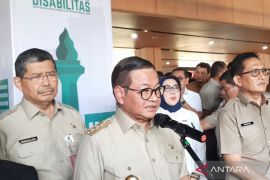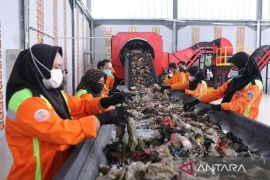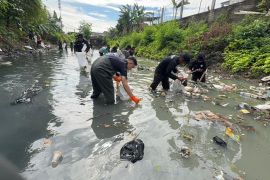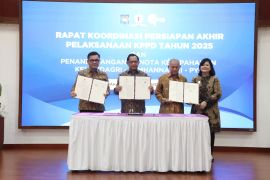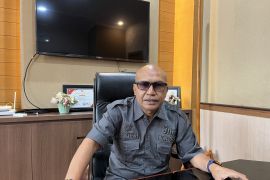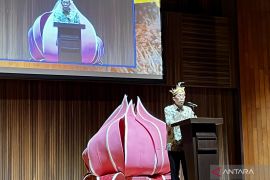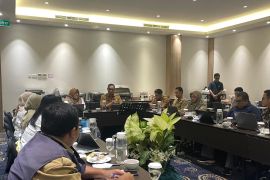People's involvement at the household level plays an important role in waste management since they are the direct consumers of various products, the ministry's official, Ujang Solihin Sidik, noted here, Saturday.
"The key to all of that is sorting. Which one to recycle, which one for biogas, which one for compost. They need to be sorted," he remarked.
According to Sidik, household waste remained the largest source of waste in Indonesia, reaching 37.6 percent.
To this end, public participation is deemed necessary, so that addressal of the waste issue can begin from home, starting from sorting through plastic.
The issue of waste is also the responsibility of all parties, which necessitate collaboration in managing them.
At the production level, producers are also expected to create products with eco-friendly packaging made from recycling or those that do not use any plastic.
Cross-sectoral collaboration in waste management is expected to aid in supporting Indonesia's Zero Waste, Zero Emission action plan from the domestic solid waste sub-sector.
Indonesia should be ready to address the issue of waste and bring prosperity to the people through its potential economic value.
It was recorded that in 2021, some 64.52 percent of the waste in Indonesia had been managed, and it was estimated to have a potential economic value reaching Rp426 billion.
"If we each manage our own waste, we can sort them based on their type, while we can compost the rest. Thus, we contribute in resolving 50-60 percent of the waste problem," Sidik explained.
Moreover, he noted that the ministry raises the theme of "Resolve Waste Management for People's Prosperity" to commemorate the 2023 National Waste Awareness Day (HSPN) on February 21.
This theme focuses on the importance of collaboration with all parties in creating a circular economy through better management of waste, he explained.
The goal of a circular economy is to extend the use cycle of a product, such as plastic, to reduce the production of new plastic.
Related news: Minister encourages beverage industry to develop recycling facility
Related news: Ministry encourages industrialization of waste management in Indonesia
Translator: Adimas R F P, Fadhli Ruhman
Editor: Rahmad Nasution
Copyright © ANTARA 2023
